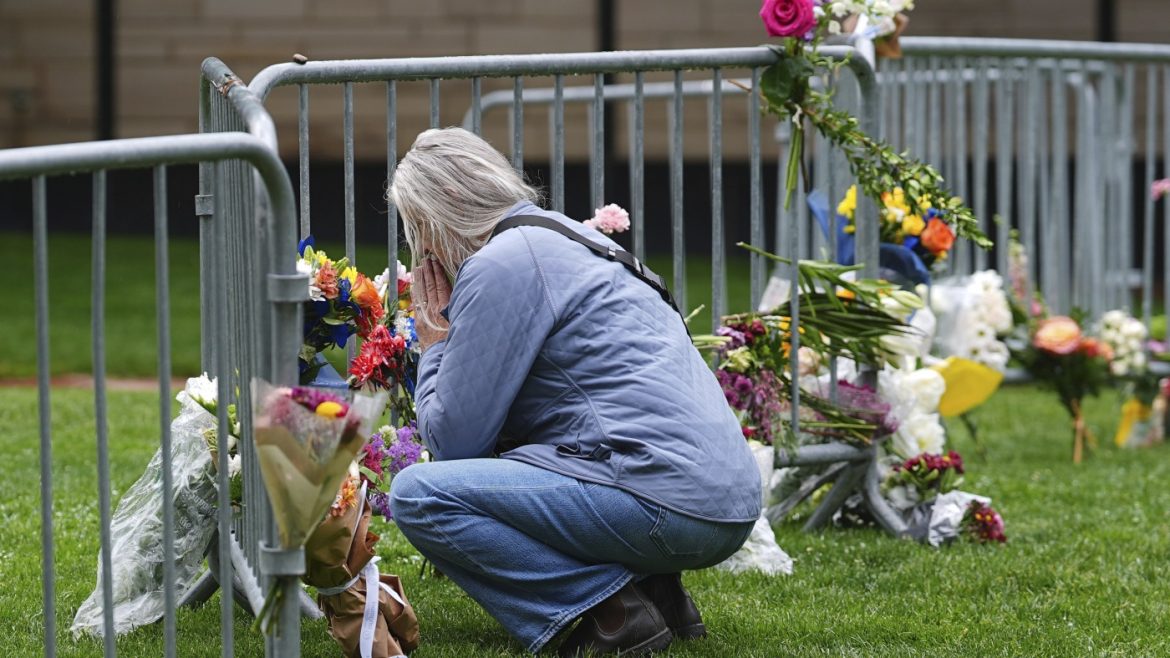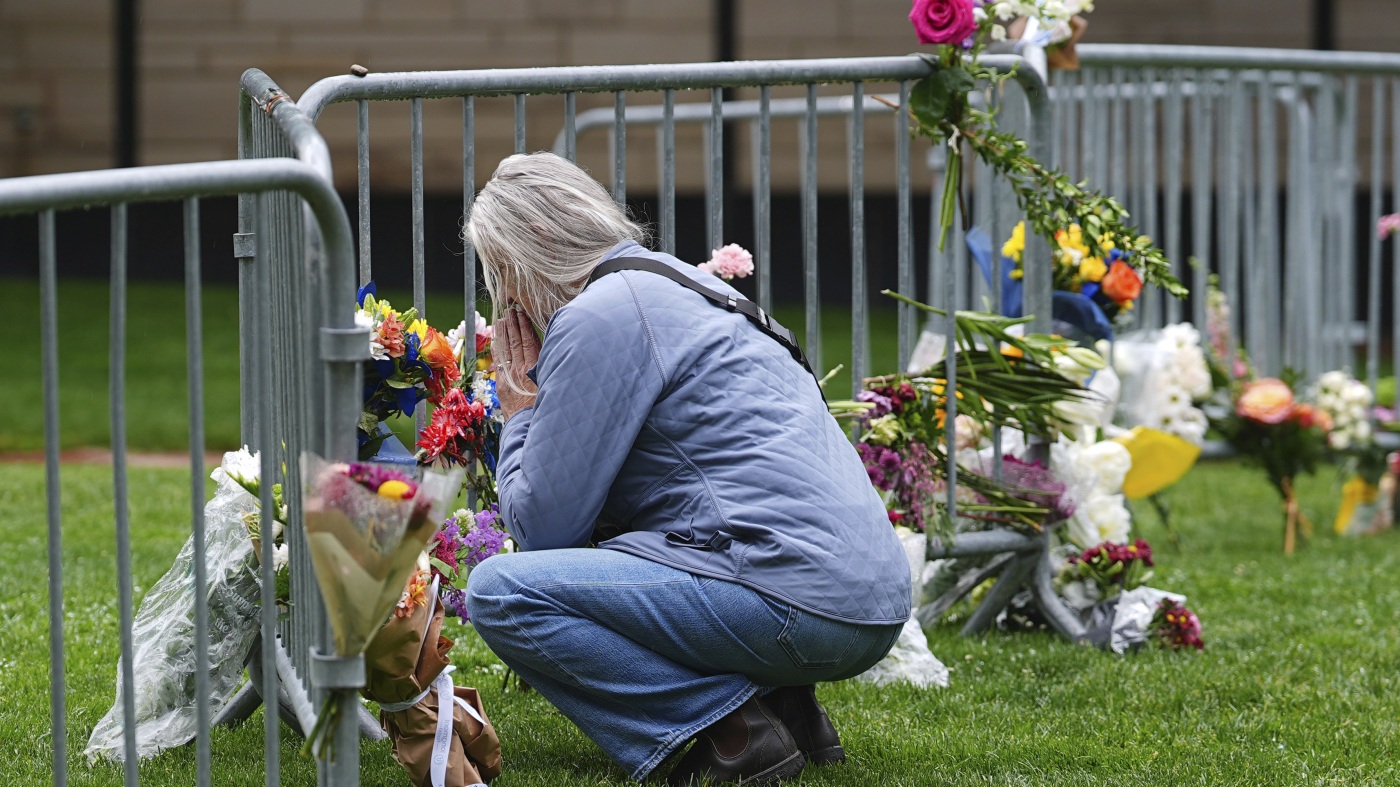The recent legal developments surrounding the family of Mohamed Sabry Soliman, the suspect in the Boulder, Colorado Molotov cocktail attack, have sparked intense public and governmental attention. Central to this issue is a federal judge’s decision to block the deportation of Soliman’s wife and five children, pausing U.S. Immigration and Customs Enforcement (ICE) efforts to remove them from the country. This report delves into the complexities of this case, the judicial rationale, the government’s position, and the broader sociopolitical ramifications.
Judicial Intervention: The Stay on Deportation
On a pivotal day in early June, U.S. District Judge Gordon P. Gallagher issued an order halting the deportation proceedings against Soliman’s immediate family members. The ruling is described as a temporary injunction, which pauses ICE’s preparations to deport the wife and children, pending a hearing slated for mid-June. The order explicitly recognizes the risk of “irreparable harm” that deportation without due process might cause to the family, signaling the judiciary’s concern over procedural fairness.
This decision followed a lawsuit filed by the family’s legal representatives against the U.S. government. The lawsuit argues against the expedited removal process that ICE attempted to initiate shortly after the suspect’s apprehension. The judge’s intervention underscores the judiciary’s role in balancing national security interests with individual rights, particularly concerning family members who are yet to face any charges or legal actions themselves.
ICE and Homeland Security’s Position
Contrasting sharply with the judge’s order, the Department of Homeland Security (DHS) and ICE have expressed intentions to proceed with the deportation of the family. According to statements attributed to ICE, the family members are currently in custody and have been scheduled for expedited removal. The government’s stance appears influenced by the close familial relationship to a person accused of a serious crime perceived as a terrorist act, potentially involving a hate crime dimension, as suggested by certain Colorado officials.
The White House and federal agencies’ rhetoric signals a strong commitment to uphold immigration laws, particularly regarding individuals who may be connected to criminal or terror affiliations. ICE’s readiness to deport the family promptly reflects an urgent attempt to contain what the administration frames as a security threat, aligning with broader policies on immigration enforcement during this period.
Legal and Humanitarian Concerns
The judge’s order raises significant questions about the treatment of family members linked to accused criminals. Deportation, especially on an expedited basis, often limits opportunities for individuals to present their cases or seek asylum, increasing risks of wrongful or unjust removals.
The family in question, which includes five children, remains passive in the criminal case but faces severe consequences due to their familial ties. The judge’s concern highlights potential humanitarian considerations, including disruption of family unity, impact on minors, and the absence of clear legal grounds for the family’s deportation at this stage.
Moreover, the scheduled hearing in June will likely explore these issues in depth, offering insights into how courts might navigate tensions between immigration enforcement and human rights protections.
Political and Social Implications
This case has stirred debates beyond legal circles. Politicians, victims’ advocates, and community members express varied responses:
– Legislative Action: Some members of Congress, particularly within House GOP factions, have proposed resolutions condemning the attack and calling for stricter deportation policies targeting visa overstayers. This move reflects a politically charged environment seeking to respond decisively to violent incidents linked to immigration status.
– Public Sentiment: The incident and subsequent deportation debate feed into wider discussions on immigration reform, national security, and the balance of civil liberties. The case’s visibility in media and public discourse shows how criminal acts perceived as hate crimes can amplify contentious immigration issues.
– Community Impact: For local communities in Boulder and beyond, the case reignites concerns about safety, justice, and how the law treats families of suspects. The judge’s restraining order may be viewed by some as protecting vulnerable individuals, while others might interpret it as a delay in justice or due enforcement.
Prospects and Next Steps
The scheduled hearing in June represents a critical juncture for this case. It will determine whether the government can resume deportation or if the family will be afforded additional protections and due process. The outcome could set precedents for how courts handle similar situations where family members of accused or convicted individuals face immigration consequences.
Possible scenarios include:
– Extension of Protective Orders: The court could rule in favor of continued judicial oversight, emphasizing procedural safeguards and humanitarian factors.
– Resumption of Deportation: Should the government present compelling evidence of risk or legal grounds, deportation may proceed with certain conditions or appeals options available to the family.
– Policy Reevaluation: Public and political pressures might influence immigration policy adjustments or enforcement priorities, particularly concerning expedited removals.
Conclusion: Navigating the Crossroads of Justice and Security
The judicial block on deporting Mohamed Sabry Soliman’s family marks a significant episode at the fraught intersection of immigration law, national security, and human rights. It encapsulates the challenges courts face in safeguarding families caught in legal crossfires, even as law enforcement and political entities push for swift action in the name of security.
As the case unfolds, it invites a broader reflection on how societies manage complex legal dilemmas where innocent family members become collateral in criminal investigations. The forthcoming hearing will not only shape the immediate fate of Soliman’s family but may also influence how future cases balance enforcement with compassion and procedural fairness within America’s immigration system.


